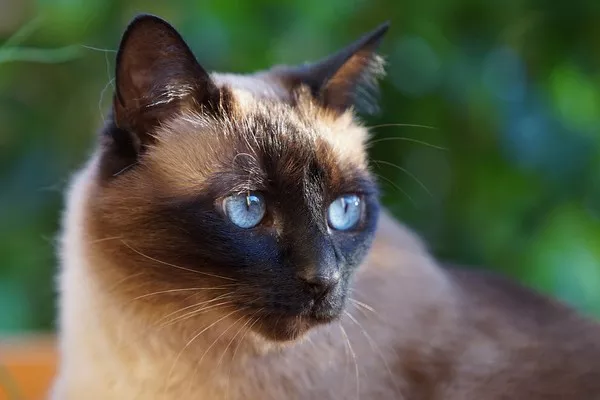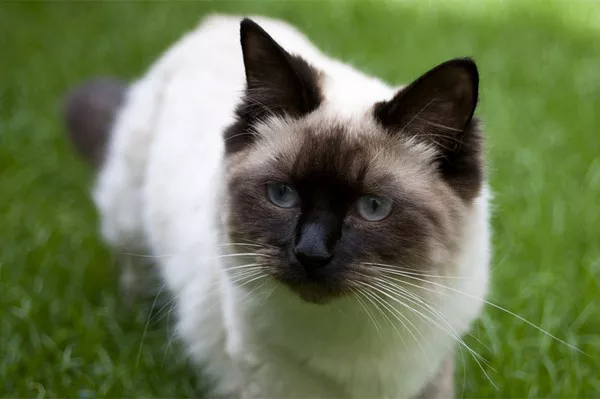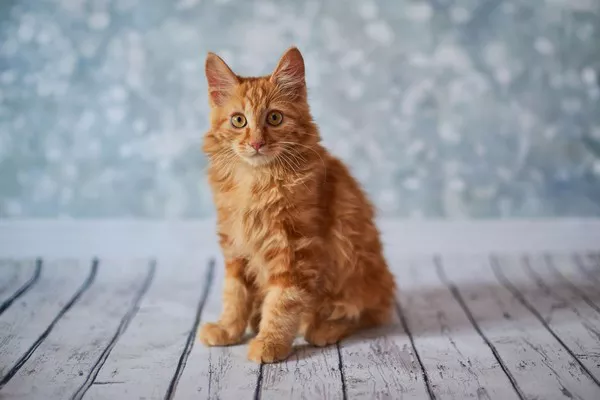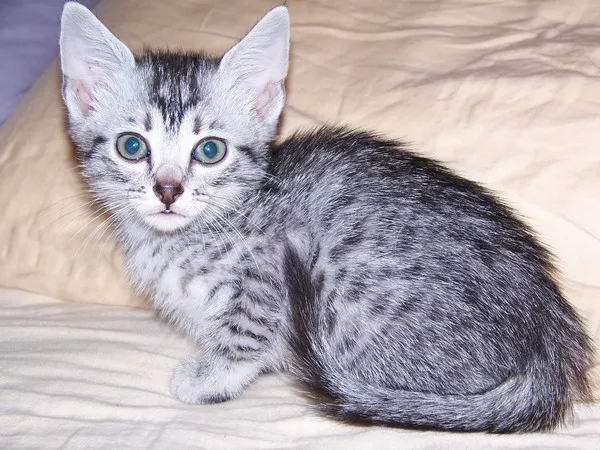As a responsible cat owner, you want to ensure that your feline friend stays healthy and safe. While offering treats and sharing food can be a delightful way to bond with your cat, it’s crucial to be aware of what foods are safe for them to consume. One such food that has raised questions among cat owners is grapes. In this article, we’ll explore whether cats can eat grapes, the potential risks associated with grape consumption, and the precautions you should take to keep your furry companion out of harm’s way.
The Grapes Conundrum
1. Fruits and Cats: Cats are obligate carnivores, which means their natural diet consists primarily of meat. While fruits and vegetables may not be a significant part of their diet, some cats may show interest in exploring new tastes.
2. Toxicity Concerns: Grapes and raisins have been identified as toxic to dogs and can lead to severe health issues. However, whether the same toxicity applies to cats remains a subject of debate and study within the veterinary community.
The Potential Risks
1. Kidney Failure: In dogs, consuming grapes or raisins can lead to kidney failure, which is a life-threatening condition. Cats’ kidneys are more resilient, but there is still a potential risk of kidney damage if they ingest grapes.
2. Lack of Definitive Studies: Unlike dogs, there is limited research on the effects of grape consumption in cats. As a result, it’s challenging to provide a clear answer regarding the level of danger posed by grapes.
Symptoms of Toxicity
1. Vomiting and Diarrhea: If your cat consumes grapes, you may notice symptoms like vomiting and diarrhea. These are signs that something isn’t right and warrant a trip to the veterinarian.
2. Lethargy and Abdominal Pain: Cats that have ingested grapes may become lethargic and exhibit signs of abdominal discomfort. These symptoms require immediate veterinary attention.
See Also: What Can You Give a Kitten for Diarrhea: Effective Solutions
Preventive Measures
1. Keep Grapes Out of Reach: To avoid accidental ingestion, ensure that grapes are kept out of your cat’s reach. This includes both fresh grapes and foods containing grapes as an ingredient.
2. Monitor for Unusual Behavior: Cats are curious creatures, and they might occasionally sneak a nibble of something they shouldn’t. Monitor your cat for any unusual behavior or signs of distress.
Safe Alternatives
1. Cat-Friendly Treats: If you want to treat your cat, there are plenty of cat-friendly treats available on the market. Opt for treats that are specifically formulated for feline consumption to ensure their safety.
2. Consult Your Veterinarian: When introducing new foods into your cat’s diet, it’s always wise to consult your veterinarian. They can provide guidance on safe treats and foods that won’t put your cat’s health at risk.
Understanding Individual Sensitivities
1. Variability in Sensitivity: Cats, like humans, can vary in their sensitivities and reactions to different foods. While some cats may not show any adverse effects from consuming a small amount of grapes, others may experience serious complications.
2. No Safe Threshold: Due to the lack of conclusive research, there is no established “safe” threshold for grape consumption in cats. Therefore, it’s best to err on the side of caution and avoid giving grapes altogether.
See Also: What Fruits Can Cats Eat: A Guide to Safe & Healthy Fruit for Cats
Conclusion
In conclusion, the question of whether cats can eat grapes does not have a straightforward answer. While grapes have been shown to be toxic to dogs and are not a part of a cat’s natural diet, the full extent of the danger they pose to cats remains unclear. As a responsible cat owner, it’s essential to prioritize your cat’s health and well-being by avoiding potentially harmful foods like grapes. If you suspect your cat has consumed grapes or is showing any signs of distress, seek immediate veterinary attention. When in doubt, consult your veterinarian for guidance on safe treats and foods that will keep your beloved feline companion healthy and happy. Remember, a cautious approach to your cat’s diet is the key to ensuring their longevity and quality of life.



























